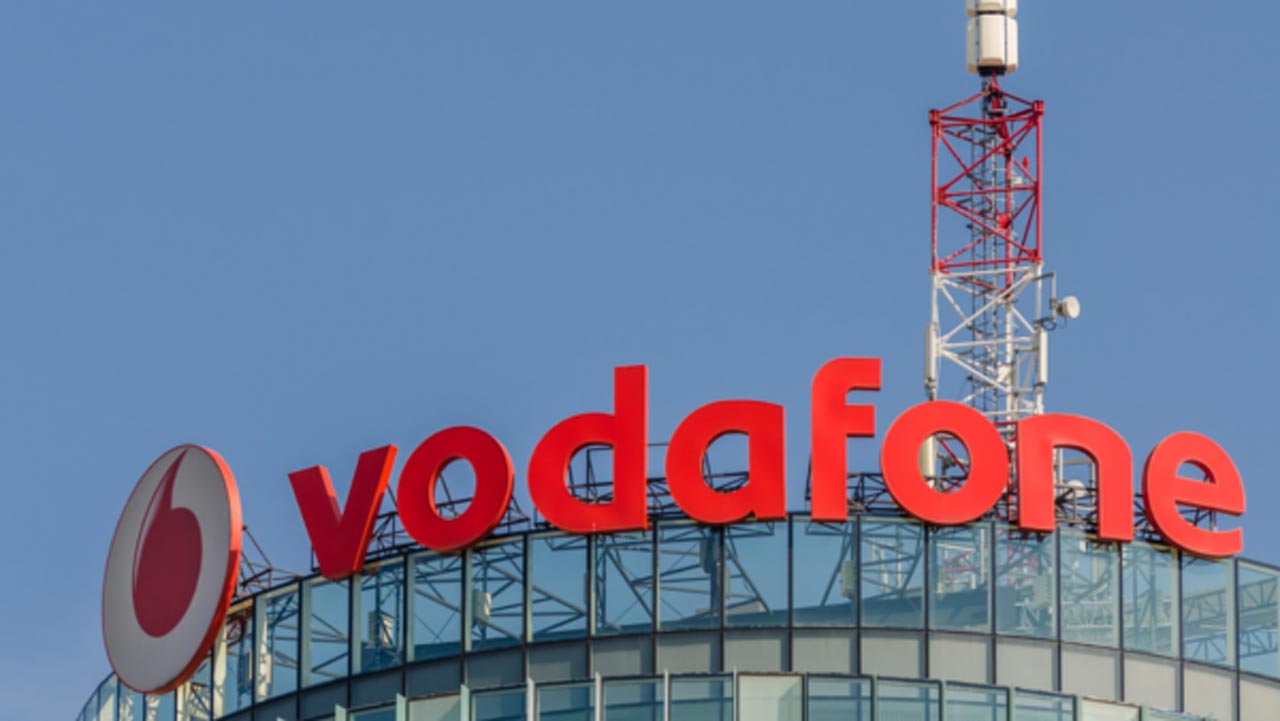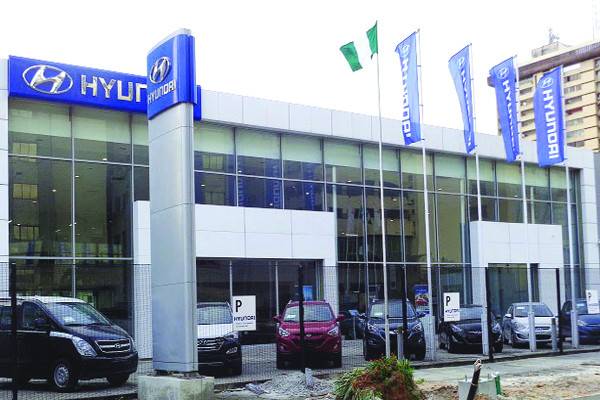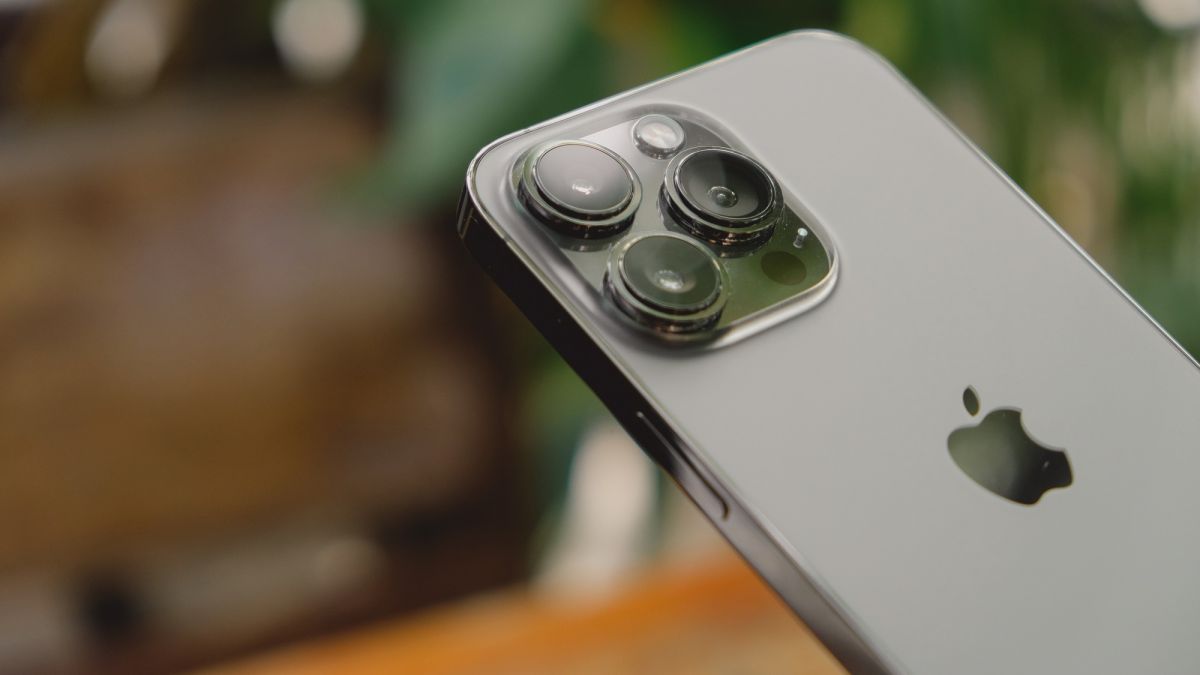The International Telecommunications Union’s ‘Measuring Digital Development Facts and Figures 2022 report has shown that 73% of Africans in rural areas have access to the internet.
The PUNCH reported that according to the statistics, only 23% of Nigerians and other Africans in rural areas used the Internet in 2022, compared to 64 per cent of urban counterparts.
The report indicated that about 5.3 billion people or 66 per cent of the world’s population now use the Internet, representing a growth rate of 6.1 per cent over 2021 and leaving 2.7 billion people offline.
It read, “That leaves 2.7 billion people offline, showing just how much remains to be done if the target of universal and meaningful connectivity that the world set itself for 2030 is to be reached.
“In the countries of Europe, the Commonwealth of Independent States and the Americas, between 80 and 90 per cent of the population uses the Internet, approaching universal use (defined for practical purposes as an Internet penetration rate of at least 95 per cent).
“Approximately two-thirds of the population in the Arab States and Asia-Pacific countries (70 and 64 per cent respectively) use the Internet, in line with the global average, while the average for Africa is just 40 per cent of the population.
“Universal connectivity remains a distant prospect in the least developed countries and landlocked developing countries, where only 36 per cent of the population are currently online, with 259 million more men using the Internet in 2022 than women.
“Worldwide, 82 per cent of urban dwellers are using the Internet in 2022. That percentage is 1.8 times as high as the percentage of Internet users in rural areas. Over the last three years, the ratio has decreased from 2.3 to 1.8, as rural areas gradually catch up.
“The urban-rural gap has been essentially bridged in Europe (ratio of 1.1). Elsewhere, it is wide but narrow. For instance, in Africa, 64 per cent of urban dwellers use the Internet in 2022 compared with 23 per cent of people in rural areas, a ratio of 2.8; but that is down from nearly 4 in 2019. In the Asia-Pacific region, the ratio is 1.8, down from 2.4 three years ago.”
The Director, ITU Telecommunication Development Bureau, Doreen Bogdan-Martin, said that youths aged 15 to 24 remain the driving force of global connectivity.
She said, “Young people remain the driving force of connectivity globally, with 75 per cent of the 15- to 24-year-old age group now online, compared with 65 per cent for the rest of the world’s population.
“In poorly connected countries, two of the biggest barriers to digital uptake remain cost and digital skills. While the affordability of entry-level fixed- and mobile-broadband services improved in 2022, the global gap remains far too wide.
“For an average consumer in a typical low-income economy, the cheapest mobile broadband basket still costs more than 9 per cent of his or her income – over six times the global average. Fixed-broadband service costs over 30 per cent, compared with less than 2 per cent in the world’s high-income countries.”
In the National Development Plan 2021 – 2025, the Federal Government revealed that about 301 local government areas in the country lack access to the Internet.























